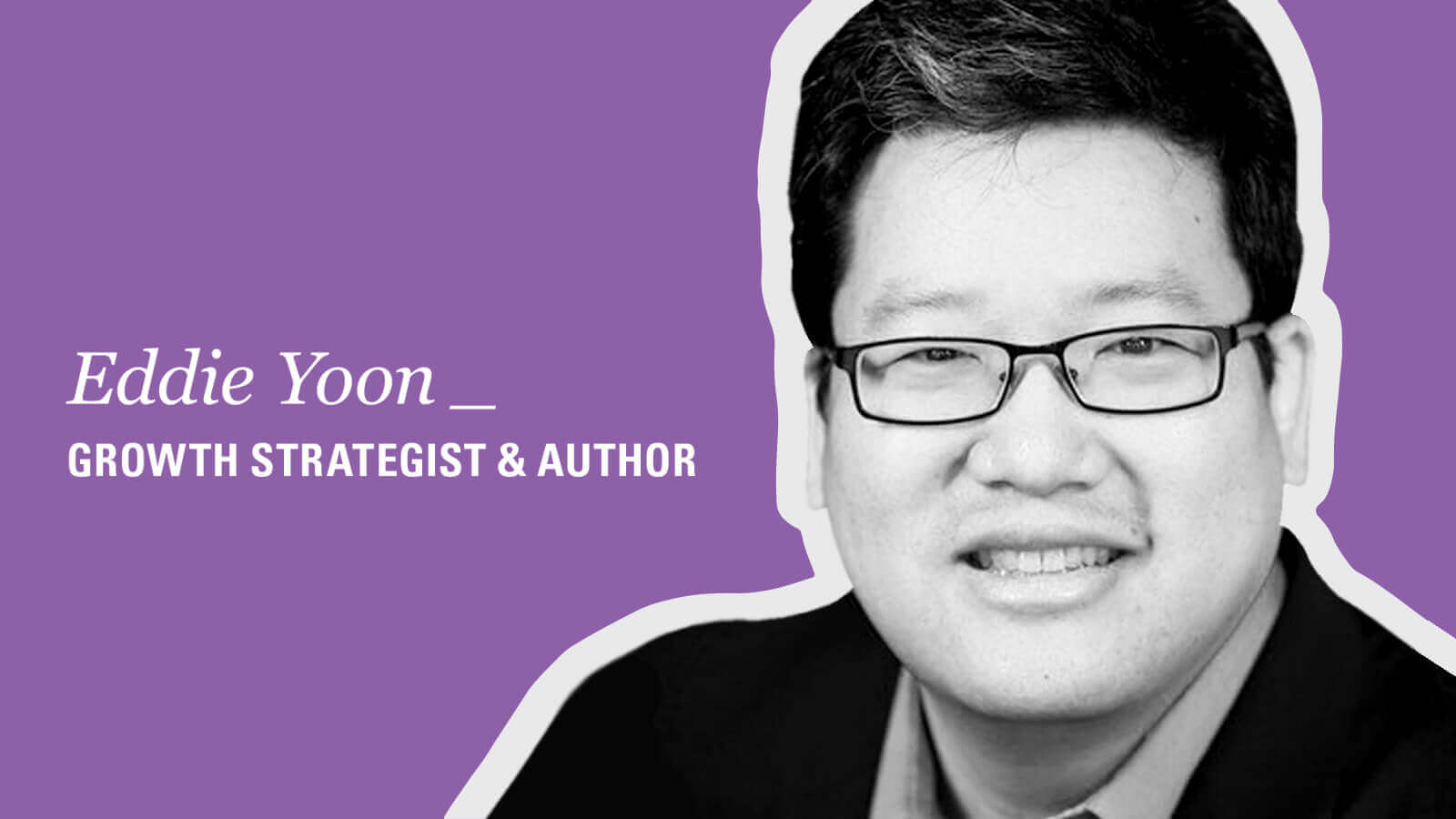“They will tell you the good, bad, and ugly about your industry and your brand. These superconsumers provide invaluable feedback with real depth of knowledge.”
In conversation with Vivaldi Founder & CEO Erich Joachimsthaler, best-selling author Eddie Yoon reveals how superconsumers can shake up any industry, from office supply manufacturers to TV binge-watchers. With Eddie’s fun and practical insights, you’ll be inspired to care about the customers that care the most.
See below for highlights from their conversation:
Q: In your book, you say superconsumers are those who buy a lot and also care a lot, so they are not simply heavy users of a product?
A: I think it it’s a great distinction you’re calling out, because it’s not just that you buy a lot and care a lot, it also has to be at the category level. I think often people assume that it is about a brand, but I observed that superconsumers buy multiple brands across the most expensive and the least expensive private labels, and they are the most honest about the good, bad and the ugly about your category and your brand. That honest feedback that has a real depth of knowledge, and I found that to be pretty rare.
Q: Are there markets or categories with no superconsumers or can any company read your book and identify a reasonable set of consumer?
A: I can’t say definitively that there is one that has no superconsumers, but the part I find interesting is that as long as you hold on to the philosophy and the values of what it means to people who buy a lot, use a lot, and care a lot, then you actually can be free from constraints of typical assumptions. So I’ll give you an example of Generac, a #1 manufacturer of standby generators. A superconsumer of generators would make no sense, unless you have two houses. Why would you buy more than one generator for the same house, right? But what we had discovered was that the vast majority of people who bought generators bought them because of a bad event – their power went out and it was freezing, or there was a bad hurricane and they were sweltering. But there were a small set of people who were buying these generators with no clear reason why, so we explored what is going on there. We found that the people who were proactive about buying generators tended to have more life insurance than they needed, they tended to be vitamin super consumers, which has the same idea of insurance, and they tended to have more than two refrigerators and freezers. Therefore, the way that you sold and marketed to these consumers was very simple. Why would this consumer spend $10,000 for a generator that they don’t need? Well, they also have $3,000 worth of food stored in their fridge. And that’s a clear ROI for companies.
Q: With the commoditization of markets due to the digital revolution, is it possible that your book on superconsumers may be right for companies today, but perhaps not in the next couple of years to come?
A: The interesting thing about commoditization of markets is that oftentimes, it can be superconsumers driving the commoditization in the sense that they have determined that a particular category is greatest value to them and is the lowest cost version of it, because it serves a very basic need. Then they discover that there is an adjacent category that wasn’t on their radar that serves their same need better. Superconsumers are the ones that I believe are at the root of every disruption. Whether it’s one category being commoditized, another one being created, there’s a superconsumer in the mix there that has caused that shift.
Q: In building a strong platform business, what is the role of superconsumers?
A: Any platform has a beginning and you want to show proof of concept. Superconsumers are often overlapping with lead users and early adopters in a way that’s important to that. The example of Uber is an interesting one, because I have heard other podcasts talk about Uber in areas like LA, which don’t have a lot of public transportation, has really revitalized the restaurant industry, because you can go out and drink. If you add a bottle of wine to your bill, then the margin goes up and that can make or break a restaurant. Someone might use an Uber to get to the airport, but to say: “Let’s go out and thanks to Uber, we can both enjoy ourselves since none of us have to be a designated driver,” has created growth in the restaurant industry while creating growth for Uber.
Tune into more of The Business of Platforms podcast here. If you’d like to learn more about Vivaldi’s platform strategy offering, contact us at hello@vivaldigroup.com.
